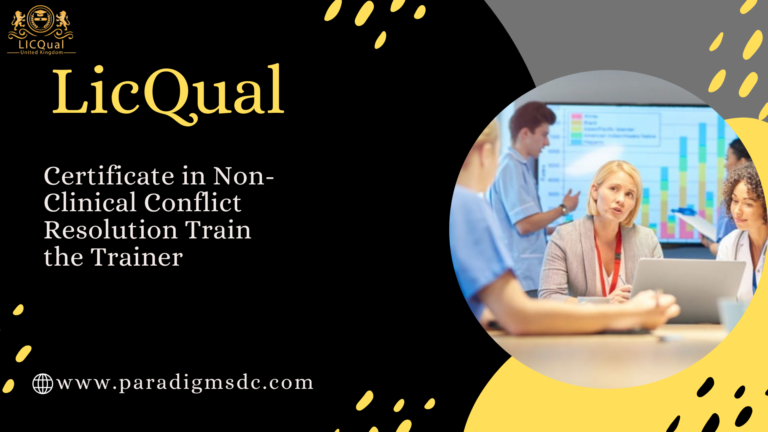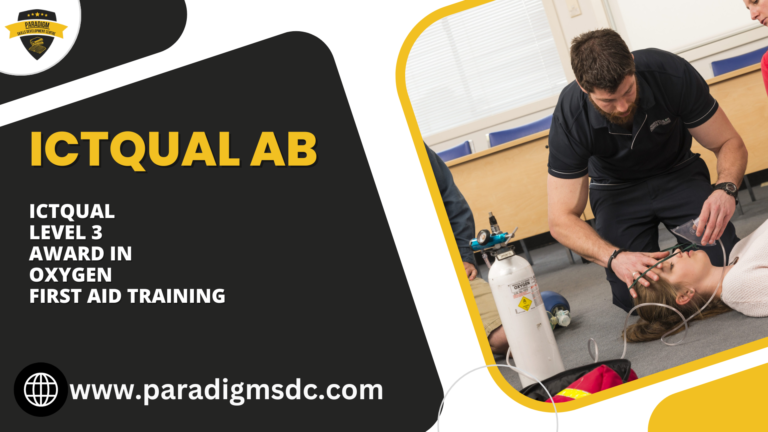In an era of growing environmental awareness and energy conservation, organizations worldwide are increasingly adopting energy management systems to improve energy efficiency and reduce their carbon footprint. ISO 50001 provides a framework for implementing, maintaining, and improving energy management systems (EnMS), helping organizations enhance energy performance and achieve sustainability goals. Internal Auditors play a crucial role in ensuring compliance and effectiveness in adhering to these standards.
Course Introduction: The ISO 50001 Energy Management System Internal Auditor course is meticulously crafted to equip professionals with the knowledge and skills necessary for auditing energy management systems effectively. Aligned with ISO standards, this course offers a structured approach to understanding energy management principles, auditing techniques, and compliance requirements.
Course Benefits:
- Comprehensive Understanding: Participants gain profound insights into ISO 50001 standards, enabling them to interpret and implement energy management practices effectively within their organizations.
- Enhanced Auditing Skills: The course hones participants’ auditing skills, empowering them to conduct thorough assessments of energy management systems and performance.
- Cost Savings: By mastering ISO 50001 standards, professionals can identify and implement energy-saving measures, leading to reduced energy consumption, lower utility costs, and enhanced financial performance.
- Environmental Impact Reduction: Completion of the course enables organizations to reduce their carbon footprint and environmental impact by improving energy efficiency and transitioning to renewable energy sources.
- Regulatory Compliance: Internal Auditors contribute to ensuring organizational compliance with energy regulations and standards, reducing the risk of non-compliance penalties and sanctions.
Course Study Units:
The curriculum is divided into comprehensive study units, each focusing on specific aspects essential for mastering ISO 50001 Energy Management System Internal Auditing. These units typically include:
- Introduction to ISO 50001: Understanding the fundamentals of ISO 50001 standards, its scope, objectives, and the benefits of implementing an energy management system.
- Energy Management Principles: Exploring the principles of energy management, including energy planning, energy performance indicators (EnPIs), energy monitoring, and measurement, and energy-saving opportunities.
- Energy Policy and Objectives: Learning about the development and implementation of energy policy, objectives, and targets aligned with organizational goals and sustainability objectives.
- Energy Review and Baseline Establishment: Understanding the process of conducting energy reviews, establishing energy baselines, identifying energy consumption patterns, and determining energy performance indicators.
- Energy Performance Improvement: Examining strategies for improving energy performance, including energy-saving technologies, energy-efficient practices, behavioral change initiatives, and renewable energy integration.
- Internal Audit Techniques: Developing proficiency in auditing techniques, including planning, conducting, and reporting on internal audits of energy management systems and performance effectively.
- Documentation and Record-Keeping: Understanding the documentation requirements for energy management systems and the importance of maintaining accurate records to demonstrate compliance with ISO 50001 standards.
- Continuous Improvement: Understanding the principles of continuous improvement within energy management, including monitoring, measurement, and evaluation, and strategies for implementing improvement initiatives.
Learning Outcomes:
Upon completing the ISO 50001 Energy Management System Internal Auditor course, participants can expect to achieve the following learning outcomes:
- Proficiency in ISO 50001 Standards: Participants gain a comprehensive understanding of ISO 50001 standards, including its requirements, clauses, and implementation guidelines.
- Auditing Competence: Mastery of auditing techniques enables participants to plan, conduct, and report on internal audits of energy management systems and performance effectively, identifying areas for improvement and ensuring compliance.
- Energy Efficiency Skills: Participants develop practical skills for identifying energy-saving opportunities, implementing energy efficiency measures, and improving energy performance within their organizations.
- Cost Reduction: Participants learn to identify and implement cost-saving measures through improved energy management, leading to reduced utility expenses and enhanced financial performance.
- Environmental Impact Reduction: Participants contribute to reducing their organizations’ carbon footprint and environmental impact by improving energy efficiency and transitioning to renewable energy sources.
- Continuous Improvement: Participants learn to monitor, evaluate, and continuously improve energy management practices and performance, contributing to the enhancement of organizational sustainability and competitiveness.
Who Is This Course For?
The ISO 50001 Energy Management System Internal Auditor course is designed for a wide range of professionals, including:
- Energy Managers: Responsible for implementing and managing energy management systems and initiatives within organizations.
- Internal Auditors: Looking to specialize in energy management auditing and contribute to enhancing organizational energy efficiency and sustainability.
- Facility Managers: Responsible for optimizing energy use and reducing energy costs within buildings and facilities.
- Environmental Managers: Seeking to integrate energy management principles into environmental management systems and sustainability strategies.
- Corporate Sustainability Officers: Responsible for promoting energy efficiency, renewable energy adoption, and environmental stewardship within organizations.
Future Progression for This Course:
Completion of the ISO 50001 Energy Management System Internal Auditor course opens up numerous future progression opportunities for participants. These may include:
- Advanced Auditing Certifications: Pursuing advanced certifications such as Lead Auditor or Energy Management System Auditor offers avenues for career advancement and specialization in energy management auditing.
- Specialized Training: Participants can opt for specialized training in areas such as energy modeling, renewable energy technologies, or carbon footprint analysis to further augment their skill set.
- Higher Education: Some participants may choose to pursue higher education, such as a Master’s degree in Energy Management or Sustainability, to deepen their knowledge and expertise in energy management principles and practices.
- Consulting and Advisory Roles: Equipped with auditing expertise, participants may transition into consulting or advisory roles, offering their services to organizations seeking guidance on energy management strategies and compliance with ISO 50001 standards.
- Organizational Leadership: Mastery of ISO 50001 standards and energy management principles positions participants for leadership roles within their organizations, such as Energy Directors or Sustainability Managers, overseeing energy management initiatives and ensuring alignment with organizational goals.
ISO 50001 Energy Management System Internal Auditor course offers a comprehensive pathway for professionals seeking to enhance their auditing skills, ensure compliance with ISO 50001 standards, and contribute to the advancement of energy efficiency and sustainability. With its structured curriculum, practical training, and promising future prospects, this course stands as an essential investment for individuals aspiring to drive positive environmental impacts and organizational performance through effective energy management.







